- Barrett’s Esophagus
- Bile Duct Stones
- Chronic Diarrhea
- Chronic Liver Disease
- Cirrhosis
- Colorectal Cancer
- Constipation
- Crohn’s Disease
- Esophageal Cancer
We Are
Digestive Health
Patients First
Gastroenterology Associates of North Mississippi is committed to providing the highest quality of medical care for a wide range of disorders of the digestive system - the esophagus, stomach, intestines, colon, liver and pancreas. Our clinicians have a passion for seeking out and refining new treatments and advanced solutions for those suffering from GI disorders.
Conditions We Treat
- Esophagitis and Esophageal Stricture
- Gastric Cancer
- Heartburn, Acid Reflux, and GERD
- Hemorrhoids
- Helicobacter Pylori
- Hepatitis B and C
- Irritable Bowel Syndrome (IBS)
- Liver Disease
- Malabsorption
- Pancreatic Diseases/Cancer
- Peptic Ulcer Disease
- Stomach Problems
- Swallowing Disorders
- Ulcerative Colitis
Compassionate Care
There have been tremendous advances in gastrointestinal imaging, medicine, and procedures in the past two decades. We integrate these advancements daily to enhance patient outcomes. Our approach emphasizes compassionate care, ensuring patients feel supported and valued.
At the Endoscopy Center of North Mississippi, our goal is to provide top-tier, cost-effective endoscopic care in a secure, welcoming environment dedicated to quality. Our experienced physicians use leading-edge technology to deliver exceptional care.
Procedures We Perform
- Capsule Endoscopy
- Colonoscopy
- Endoscopic Retrograde Cholangiopancreatogram (ERCP)
- Esophageal Dilation
- Flexible Sigmoidoscopy
- Hemorrhoid Banding
- Therapeutic Endoscopic Ultrasound Procedures (EUS)
- Upper Endoscopy
Colonoscopies
Considered the gold standard for colon cancer screening
Colonoscopies can detect precancerous polyps or early-stage cancer, which may not have symptoms. Detecting and removing polyps during the colonoscopy can prevent cancer or catch it in an early, treatable stage.
If you have average risk factors or no symptoms, the recommended age to start regular colon cancer screening begins at age 45.
Know Your Risk Factors
According to the National Institutes of Health, you may be more likely to develop colorectal cancer if you:
- are 45 or older
- have a personal or family history of colorectal cancer
- have Lynch syndrome or another genetic disorder that increases the risk of colorectal cancer
- have obesity, smoke cigarettes, or drink alcohol
Reduce Your Risk
Be proactive about your GI health and reduce the risk of colon cancer. Be sure to:
- eat a healthy diet to help maintain and take control of your weight
- stay active and get regular exercise
- avoid tobacco and alcohol
- most importantly, regular screenings can detect early signs of colon cancer and should start at age 45



